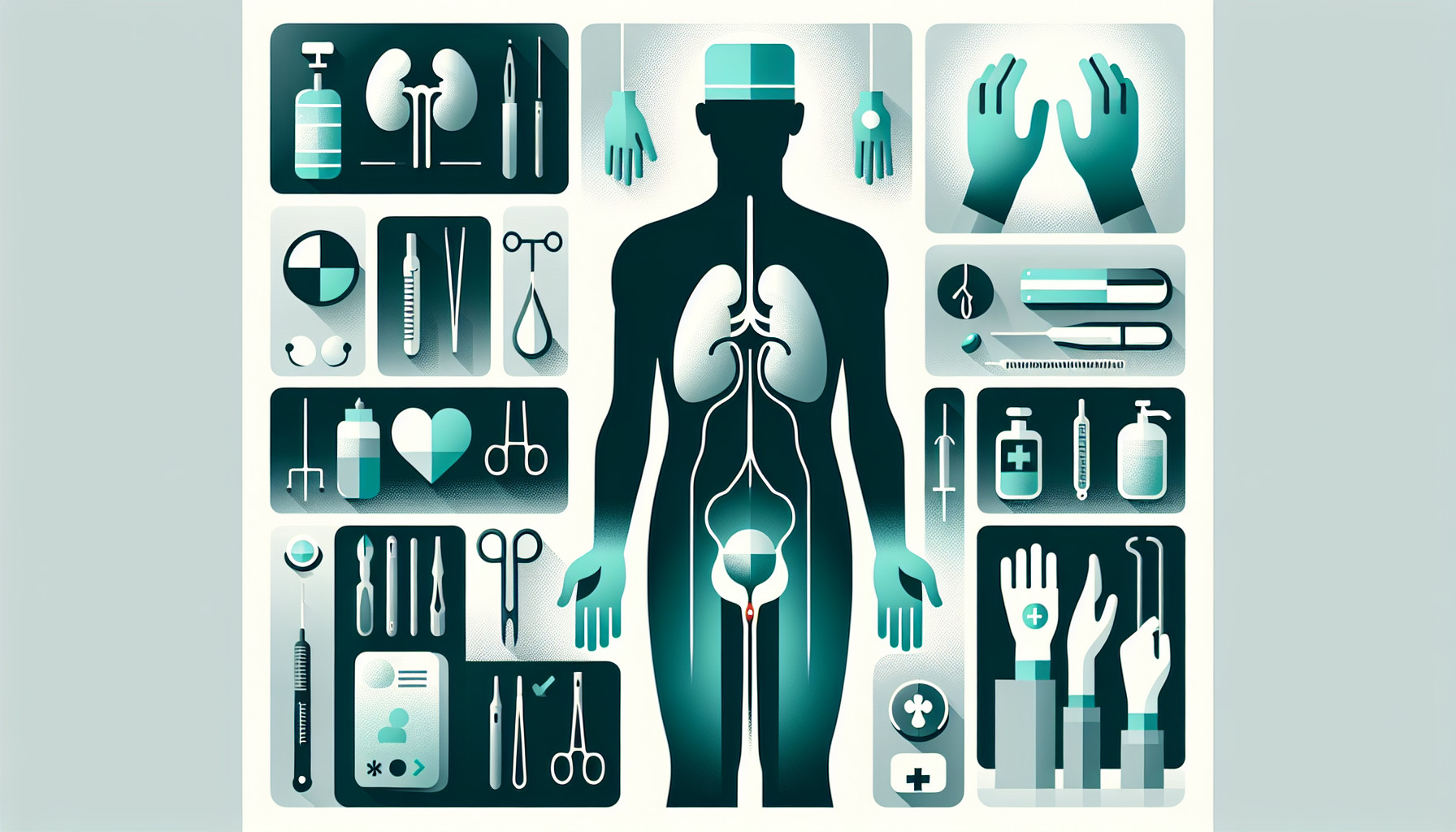Our Summary
The research paper is a study conducted at the University of Nigeria Teaching Hospital on children who underwent nephrectomy (kidney removal) between 2007 and 2016. The study looked into the reasons for kidney removal, the outcomes, and the details of the procedure.
The researchers found that 52 children, aged 16 and under, had their kidneys removed during this time period. The majority of these were boys and the average age for surgery was about 5 years old.
Most of the kidney removals were due to cancer, specifically Wilms tumour, a type of kidney cancer that primarily affects children. Other reasons for kidney removal included various non-cancerous conditions, such as blockages in the kidney, large abnormal kidneys, and kidney injuries.
The average hospital stay after surgery was around a month, and unfortunately, about 6% of the children died in the hospital after the surgery. The study concludes that while kidney removal can be a necessary treatment for certain conditions, the mortality rate remains high.
FAQs
- What were the main reasons for kidney removal in children according to the study conducted at the University of Nigeria Teaching Hospital?
- What was the average age for children undergoing nephrectomy in the study and how long was their average hospital stay post-surgery?
- What is the mortality rate among children who underwent kidney removal in this study?
Doctor’s Tip
A helpful tip a doctor might tell a patient about nephrectomy is to follow post-operative care instructions carefully to ensure a smooth recovery. This may include taking prescribed medications, monitoring for signs of infection or complications, staying hydrated, and gradually increasing activity levels as advised by the healthcare team. It is also important to attend follow-up appointments and communicate any concerns or changes in symptoms to your healthcare provider.
Suitable For
Therefore, patients who are typically recommended nephrectomy are those with conditions such as kidney cancer (e.g. Wilms tumor), large abnormal kidneys, kidney injuries, and blockages in the kidney that cannot be treated with other methods. It is important to weigh the risks and benefits of nephrectomy for each individual patient, taking into consideration their overall health and the specific condition affecting their kidney.
Timeline
Before nephrectomy, a patient may experience symptoms related to the underlying condition that necessitates the surgery, such as pain, swelling, blood in the urine, or high blood pressure. They may also undergo various diagnostic tests to determine the need for surgery, including blood tests, imaging studies, and biopsies.
After nephrectomy, the patient will typically spend some time in the hospital for recovery and monitoring. They may experience pain and discomfort at the surgical site, as well as side effects from anesthesia and pain medications. The patient will also need to follow specific post-operative care instructions, such as restrictions on physical activity, dietary changes, and medication management.
In the long term, the patient may experience changes in kidney function and overall health, depending on the reason for the nephrectomy and the condition of their remaining kidney(s). They may need to undergo regular follow-up appointments and monitoring to ensure their remaining kidney(s) are functioning properly and to address any potential complications that may arise.
What to Ask Your Doctor
- What are the specific reasons for recommending nephrectomy in my case?
- What are the potential risks and complications associated with nephrectomy?
- What is the expected recovery time and what post-operative care will be required?
- Will I need any additional treatments or follow-up care after the surgery?
- Are there any alternative treatment options to consider before proceeding with nephrectomy?
- What is the long-term outlook for kidney function and overall health after nephrectomy?
- How experienced is the surgical team in performing nephrectomy procedures?
- What measures will be taken to minimize pain and discomfort during and after the surgery?
- Are there any lifestyle changes or restrictions I should be aware of following nephrectomy?
- What support services or resources are available for me and my family during this process?
Reference
Authors: Ezomike UO, Modekwe VI, Ekenze SO. Journal: Malawi Med J. 2018 Jun;30(2):94-98. doi: 10.4314/mmj.v30i2.8. PMID: 30627336
